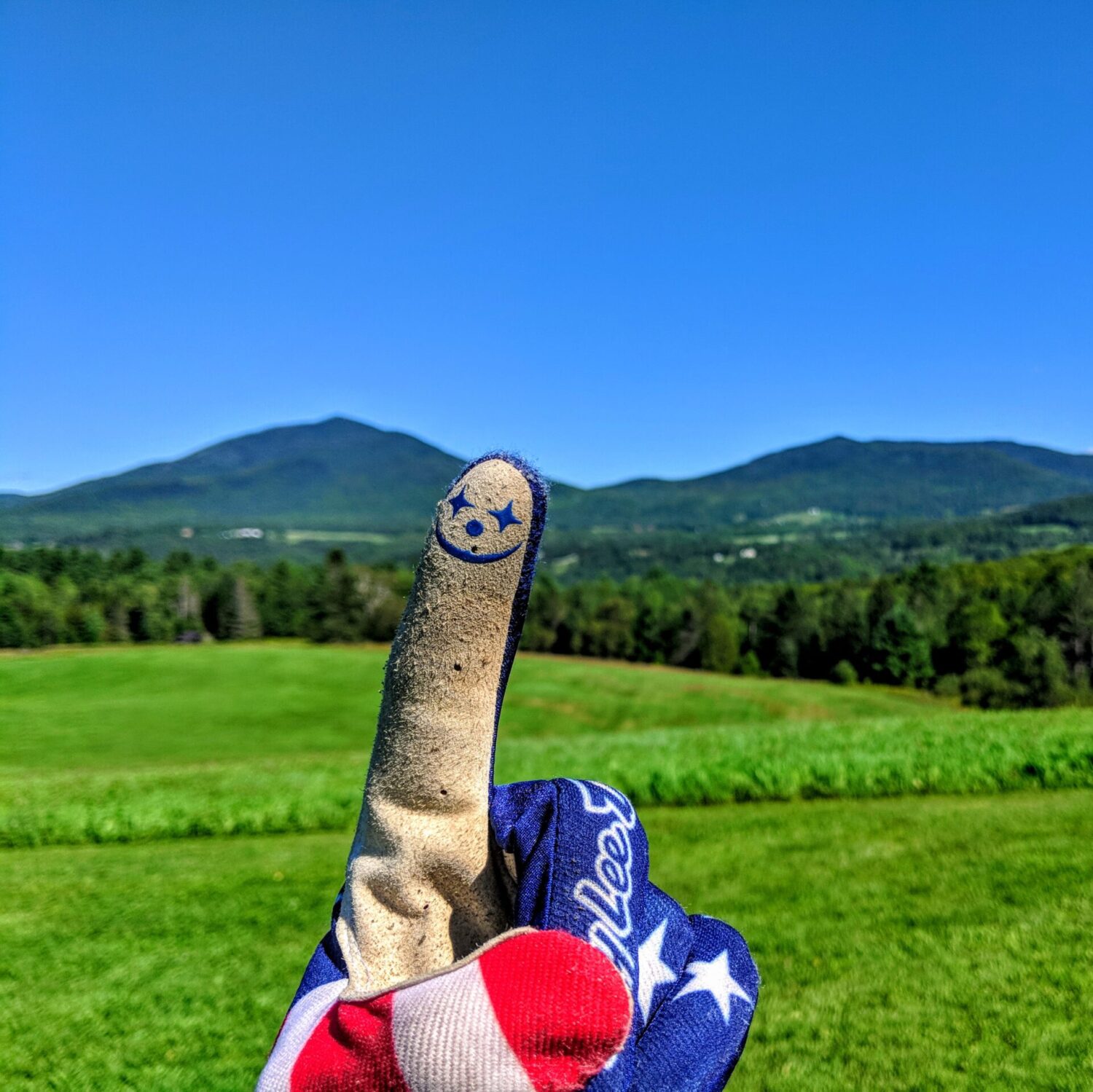Very related to this post, here’s Adam Mastroianni:
[Charles] Spearman was right that people differ in their ability to solve well-defined problems. But he was wrong that well-defined problems are the only kind of problems. “Why can’t I find someone to spend my life with?” “Should I be a dentist or a dancer?” and “How do I get my child to stop crying?” are all important but poorly defined problems. “How can we all get along?” is not a multiple-choice question. Neither is “What do I do when my parents get old?” And getting better at rotating shapes or remembering state capitols is not going to help you solve them.
We all share some blame with Spearman, of course, because everybody talks about smarts as if they’re one thing. Google “smartest people in the world” and most of the results will be physicists, mathematicians, computer scientists, and chess masters. These are all difficult problems, but they are well-defined, and that makes it easy to rank people. The best chess player in the world is the one who can beat everybody else. The best mathematician is the one who can solve the problems that nobody else could solve. That makes it seem like the best chess players and mathematicians are not just the smartest in their fields, but the smartest in the whole world.
It also reminds me of this, from Julian Barnes, which sort of takes it to another level:
I used to believe, when I was ‘just’ a reader, that writers, because they wrote books where truth was found, because they described the world, because they saw into the human heart, because they grasped both the particular and the general and were able to re-create both in free yet structured forms, because they understood, must therefore be more sensitive- also less vain, less selfish- than other people. Then I became a writer, and started meeting other writers, and studied them, and concluded that the only difference between them and other people, the only, single way in which they were better, was that they were better writers. They might indeed be sensitive, perceptive, wise, generalizing and particularizing- but only at their desks and in their books. When they venture out into the world, they regularly behave as if they have left all their comprehension of human behaviour stuck in their typescripts. It’s not just writers either. How wise are philosophers in their private lives?
“Not a whit wiser for being philosophers,” replies my brother. “Worse, in their semi-public lives, far less wise than many other species of academics.” I remember once laying down Bertrand Russel’s autobiography in a moment, not of disbelief, more a kind of appalled belief. This is how he describes the beginning of the end of his first marriage: “I went out bicycling one afternoon, and suddenly, as I was riding along a country road, I realized that I no longer loved Alys. I had no idea until this moment that my love for her was even lessening.” The only logical response to this, to its implications and manner of expression, would be: keep philosophers off bicycles. Or perhaps, keep philosophers out of marriage. Save them for discussing truth with God. I would want Russel on my side for that.
It’s nice to think about the world being divided into smart people and stupid people. But the truth is that anybody—anybody—no matter how intelligent, can be as dumb as a rock.
Nonetheless, the rocks will cry out.
